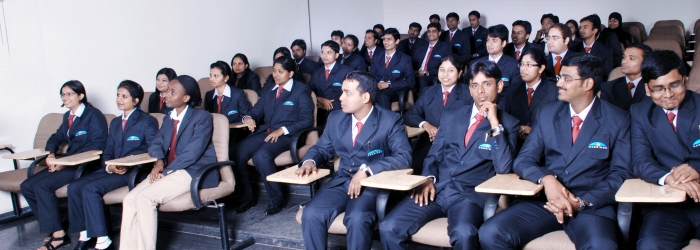The Times of India
Anahita Mukherji, TNN, Nov 22, 2010, 12.40am IST
MUMBAI: That the US and the UK are the most popular destinations for management studies is not big news.
But the findings of a survey conducted by the Graduate Management Admission Council (GMAC), which conducts GMAT, a B-school entrance test used globally, have thrown up some surprises. Number 4 on the list of the Top 10 preferred destinations for B-school aspirants is India, with Canada at No. 3. Israel and Spain are the other surprise entrants.
According to experts, India’s foray into the elite league has a lot to do with the emergence of institutions such as the Indian School of Business, Hyderabad, which was ranked No. 12 globally in the Financial Times (London) Global MBA rankings earlier this year. The IIMs, which use GMAT as an entrance test for their executive MBA programmes, are also responsible for India’s popularity.
”B-school aspirants are looking at a return on their investment, and with the investment being lower for management education in India when compared to the US and the UK, the returns are higher,” said an expert. Many feel that India can soon emerge as a hub for management studies amongst Asian countries such as Singapore and the Philippines as the country will be a far less expensive destination than western giants.
Although making it to the US has, for long, been the great Indian dream, it is not the only North American country that’s attracting desi students. Many are now making a beeline for Canada, which not only has a robust economy and liberal visa policies but also promises good job prospects. ”In testing year 2010, India was the top foreign country that sent score reports to Canadian graduate management programmes,” reveals GMAC’s survey.
According to the report, 78% of full-time MBA programmes in Canada received the largest number of foreign applications from Indians. Not surprisingly, all Canadian management programmes that recruited foreigners targeted India, as did 44% of European programmes that undertook special recruitment efforts to attract overseas candidates.






